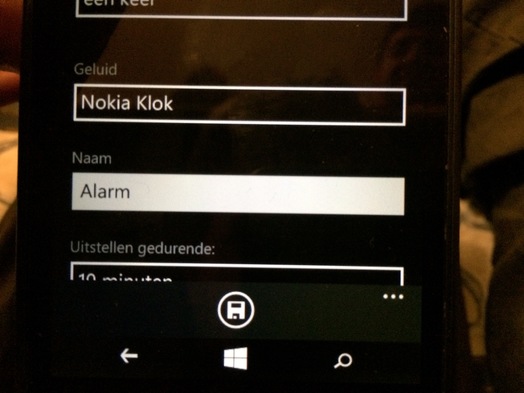Around 2000 I worked on Java Web apps using Eclipse, an open source IDE, which was also extendable with all kinds of tools. Since it was an IDE some made tools for drawing code with UML (connecting named boxes with attributes). But it was also the playground for tools less related to coding. It became a kind of OS running on an OS.
Less niche, was perhaps Netscape Communicator. It was a web browser, an email client, a webpage builder, a calendar … all in one. And also quite extendible again with plugins. The idea still lives on in the Mozilla Seamonkey-project.
A remnant of this is perhaps Microsoft Outlook. An e-mail client with integrated calendar app. An approach mimicked by Evolution on Linux.
I was reminded by all this [because Mozilla wants to focus on integrating AI in their flagship product Firefox](https://arstechnica.com/gadgets/2024/02/mozilla-lay…
Not so long ago I was back in an organisation that was using Outlook Webmail. It may not have been the latest & greatest but I noticed this server (semi-cloud) based e-mailing app still used a floppy as a save icon. Being a mac user for years it felt weird…
As you can see the icon that the webmail client features is a floppy
I didn't pay much attention to the issue, until my friend lent me his Windows-phone:

This total redesign (Metro-style) of how a phone could work and look still featured a floppy icon(!). And even though I'm not a skeuomorphism-hater, I prefer the simple label "Save" that Apple uses in iOS. The floppy icon on a Windows telephone is completely alien to the device. I guess you've all seen the joke about the 3D printed save icon somewhere?
Still, do a [simple Google image sea…
Het mooie aan dingen die digitaal zijn is dat zaken te kopiëren zijn. Kopiëren kon eerder natuurlijk ook wel, maar digitaal kan het zonder kwaliteitsverlies. Gegevens blijven doorzoekbaar, foto's verouderen niet, tekst blijft exact zoals het geschreven was (en bewerkbaar).
Exact dezelfde dingen op verschillende apparaten kunnen krijgen. Dat is gemakkelijk, want verjaardagen wil je ook wel eens weten wanneer je niet op de WC zit. En het is wel eens handig dat je in je telefoon ook de adres en e-mailgegevens hebt.
Ik heb het werkend gezien. Al jaren terug, in ieder geval in de eerste helft van de jaren nul, maar toen weigerde ik mijzelf over te leveren aan Outlook. En tot voor kort werkte het bij mij redelijk goed. Via iTunes kon ik goed mijn iPod in sync houden, ook qua adres en agenda gegevens, en tot de voorlaatste versie kwamen Apple machines met een iSync programma dat ook mijn niet-iPhone mooi in sync hield. Perfect. Lokaal. Geen gesleur van mijn gegevens via een zoveelste…
Preamble: This post was lying in my Google Docs account for
almost a year. Its time to publish it, because it may soon be
obsolete. The traditional OS, that focused on managing files on a disk
is disappearing. Mac OS X and Ubuntu are
becoming old generation OS'es if they don't
adapt to the task focussed applications
we see today.To the Dutch readers: Anders dan
mijn laatste
posts, een Engelstalige…
deze lag al
een tijdje
op de planken
en was geschreven in een periode dat ik nog twijfelde of ik nu in het Nederlands of het
Engels zou moeten
bloggen ;)I'm not the average Joe. I've studied
Interaction design, and a graduate in Human-Computer Interaction (about
the same as interaction designer, but with an extended theoretical
foundation :) ). I'm interested in what is going on in the software
world, and somewhat of an open source enthusiast, am even able to edit
configuration files to some extent, not afraid of searching
inaccessibl…
